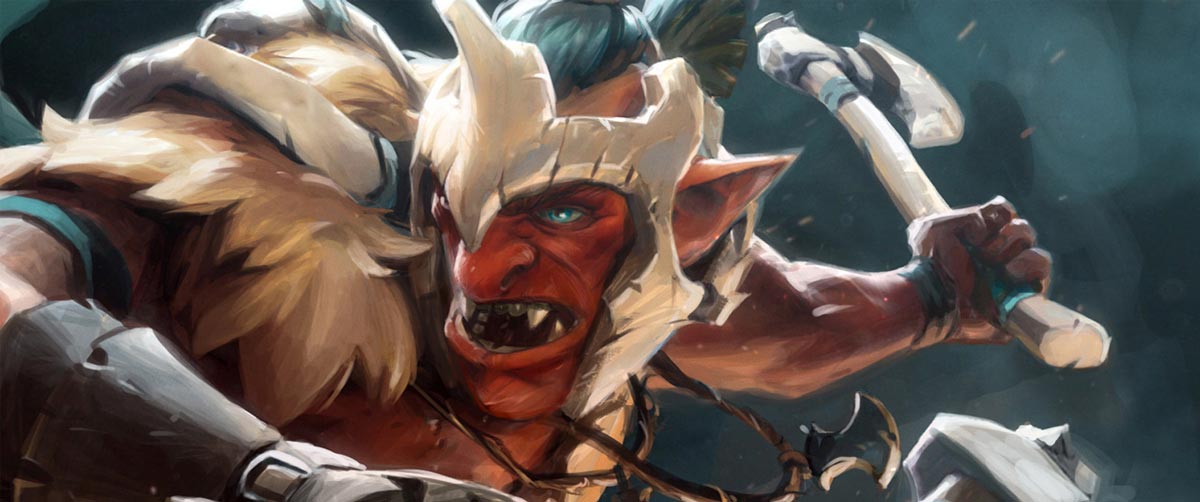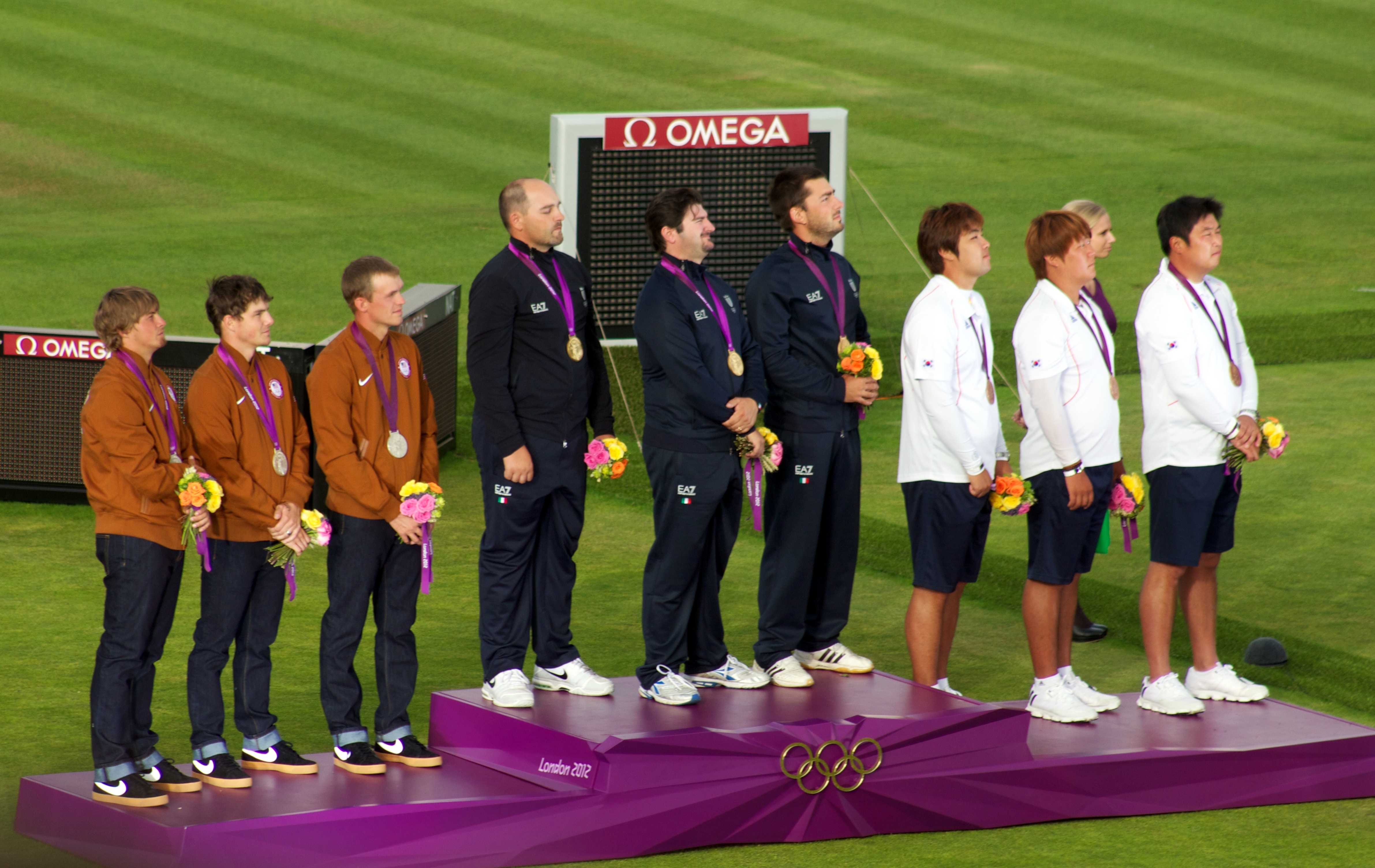Last night I posted a new video discussing why Dota 2 is considered more hardcore than League of Legends. The video and MP3 are available at the bottom; directly below are the show notes:
Hello and welcome to an opinionated eSports piece about why people consider Dota 2 more hardcore than League of Legends.
So first, as someone interested in all of eSports, one of my goals is to be impartial and appreciate all genres and aspects of eSports. So when I loaded up Dota 2 after significant time playing League I went in with an open mind. I’ve also spent some time watching Dota 2.
So why is Dota 2 considered more hardcore? Well first, if we look at the companies and their games from a non-gameplay perspective, they seem very similar. Valve is known for developing competitive titles, nurturing the competitive communities (at least to some degree, CS fans might disagree), and maintaining their games for the long term. Riot is also very supportive, arguably even more so, but they haven’t been around long enough to see how loyal they are to eSports. Both games are designed with competition as a core aspect, both have features for supporting eSports like in-game match spectating and advertising events. So basically I’m not interested in comparing companies or the interface or the programming behind the games. This evolves, both seem supportive, it’s not worth considering in my opinion.
What is worth considering though, is the strategic elements since this is generally what makes a good competitive title good. StarCraft 2 is incredibly deep, with serious meta elements to consider, and evolving strategy. Even something like Quake Live which seems very simple, is so pure that the strategy happens through the players and can be surprisingly deep (reference my QL strategy video). But what about Dota 2 and LoL?
Well it seems pretty obvious once you join the game that Dota 2 must be more strategic simply because there are more elements to consider. To say otherwise would be foolishly arrogant. For instance:
- Movement varies between champions altering playstyles, used for balancing as well
- You can manipulate your own minion wave which allows you to manipulate lanes
- You can deny creep by stealing last hits
- Most items have an active effect + more useable items like pots/bonuses
- Orb walking in Dota 2, seems controversial if it exists in LoL (animation canceling)
Because of these differences Dota 2 seems less forgiving, more difficult, but with deeper strategy. However, there are consequences to this and I think it explains why League is more popular than Dota 2:
- It seems less exciting to watch since shallower games tend to focus more on action
- Remember people think movies like Transformers and The Avengers are “really goodâ€, meaning that they like to be visually rewarded, not intellectually rewarded
- Analyzing gameplay in Dota 2 is probably too difficult/time consuming
- In League champion survivability seems much higher meaning team fights are longer
- Higher entry barrier to new players, higher requirement for strategic knowledge
- This problem was addressed in a previous video I did about competitive FPS
- I think the movement variation will turn people off, especially the delay
- The delay makes the game feel slow and thus slightly more boring
- In League it’s cool that players can “dodge†skillshots
One question I have for viewers, that I couldn’t easily find, is “in League it seems games often tip towards a team fairly early on and if you understand the strategy you can usually tell who’s going to win. Is this the same in Dota 2? Or with the deeper strategic elements, do you find teams improvising more and pulling out of these holes?â€
I would think so, since teams have more choices in how to reverse the scales and regain momentum, but the enemy team also has more choices. How does work out?I also feel like League is more visually appealing than Dota 2 since it has an almost WoW look to it, something friendly and cartoony. Dota 2 looks more serious and polished, but I wonder at a statistical level how many players might choose a game that “looks betterâ€
- Example, say just 1% of MOBA gamers will choose LoL over Dota 2 because of visual appeal, that could be ~400-500k players if the MOBA base is 40-50 million players.
- This isn’t really relevant, but just another thought I was considering
- I really like the look of Dota 2 though, especially the interface
All-in-all the games are both fun and cater to different communities. I think it’s safe to say that Dota 2 is more hardcore than League, however I don’t believe Dota 2 will ever beat League in popularity. League is easier to get into thus will be many players first MOBA and the one they’re loyal to. I also think it’s more fun for people because there isn’t all the subtle challenges they face in Dota 2, like learning hundreds of active item effects and movement variations. Dota 2 will also suffer from the same fate that SC2 suffers, having no “fun mode†for new players to get sucked into the game. There will be that high frustration and ladder anxiety that stops a significant percentage of players from enjoying the game. This is a very serious problem too, since eSports needs larger audiences to grow. If we select games like Dota 2 and SC2 for the premier competitive titles, we’re shooting ourselves in the foot. We need games like League to open the doors for new players, especially since people who play a specific game or sport, tend to get really into spectating it as well. For instance, people who’ve played soccer or football personally, will often times be more attached to spectating it than non-players. eSports will be no different.
And of course here is the actual video:
And as requested via the YouTube chat, a link to the MP3 download of this broadcast.
Other Tags: LoL, MOBA, ARTS, Dota2


